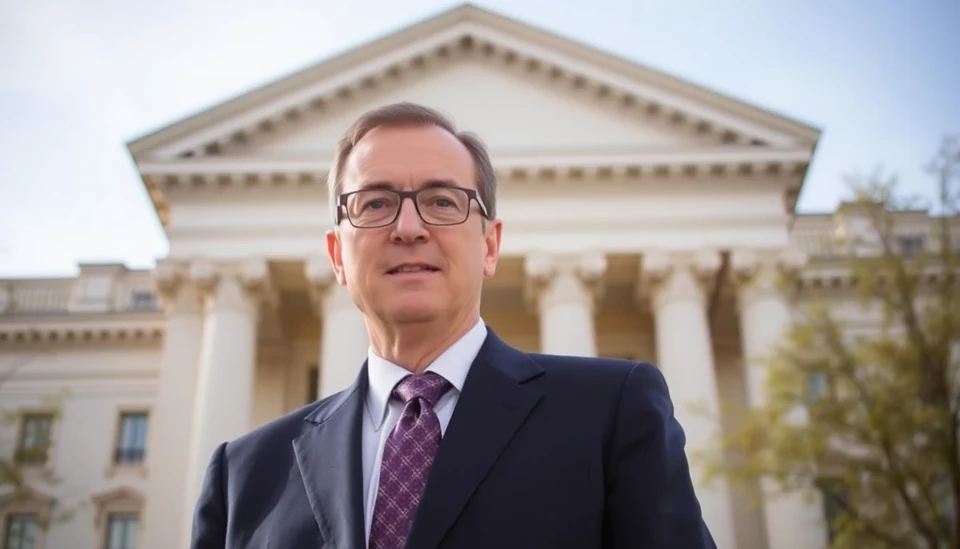
In a significant address, François Villeroy de Galhau, a member of the European Central Bank (ECB) governing council, emphasized the importance of the European Union (EU) developing its own regulatory frameworks, distinct from the policies previously championed by former U.S. President Donald Trump. Speaking at a financial conference, Villeroy conveyed that the EU should not mimic the regulatory approaches that have been seen in the United States, particularly those that could undermine collective economic stability.
Villeroy’s remarks come in an environment where regulatory discussions are at the forefront of EU policymaking, notably in the wake of economic challenges exacerbated by the global pandemic and geopolitical shifts. He highlighted that while it is essential to remain competitive, the EU's regulatory landscape ought to be guided by the principles of sustainability and inclusivity, aligning with broader goals of economic resilience and fairness.
The ECB official pointed out the risks associated with adopting a laissez-faire approach to regulation that often characterizes some sectors in the United States. He argued that such a path might lead to instability and widening economic disparities across member states, suggesting a cautious and well-considered approach to regulation is essential for long-term prosperity in the EU.
Villeroy articulated concerns regarding the potential consequences of deregulation, particularly in sectors contributing to financial crises. He urged EU policymakers to concentrate on creating regulations that bolster trust and transparency within financial systems, ultimately benefiting consumers and businesses alike. "Regulations must protect our economies from unforeseen shocks," he stated, reinforcing the need for robust oversight.
Additionally, Villeroy acknowledged the ongoing digital transformation of economies, stressing that the EU has an opportunity to set global standards in regulating emerging technologies such as cryptocurrencies and digital currencies. He advocated for a forward-thinking regulatory framework that not only fosters innovation but also safeguards users against potential abuses and market volatility. This is particularly pertinent as the EU continues to grapple with defining the role of digital finance in its economic landscape.
As discussions around regulation evolve, Villeroy urged cooperation among member states to devise a cohesive strategy that reflects the EU's values and goals. He underscored that divergence in regulatory practices across the bloc could lead to a fragmented market, ultimately undermining the EU's collective bargaining power on the global stage.
In conclusion, Villeroy’s call for a distinctive European regulatory identity serves as a reminder of the critical balance between innovation, competition, and stability. As the EU navigates the complexities of the contemporary economic landscape, the governing body must consider how to strengthen its regulatory frameworks while fostering an environment conducive to growth and sustainability.
As the world watches, the decisions made in Brussels concerning regulation and international policy will undoubtedly set the trajectory for the EU’s economic future.
#ECB #Villeroy #EURegulations #DigitalFinance #EconomicStability #FinancialRegulation #Sustainability #Innovation
Author: Daniel Foster




